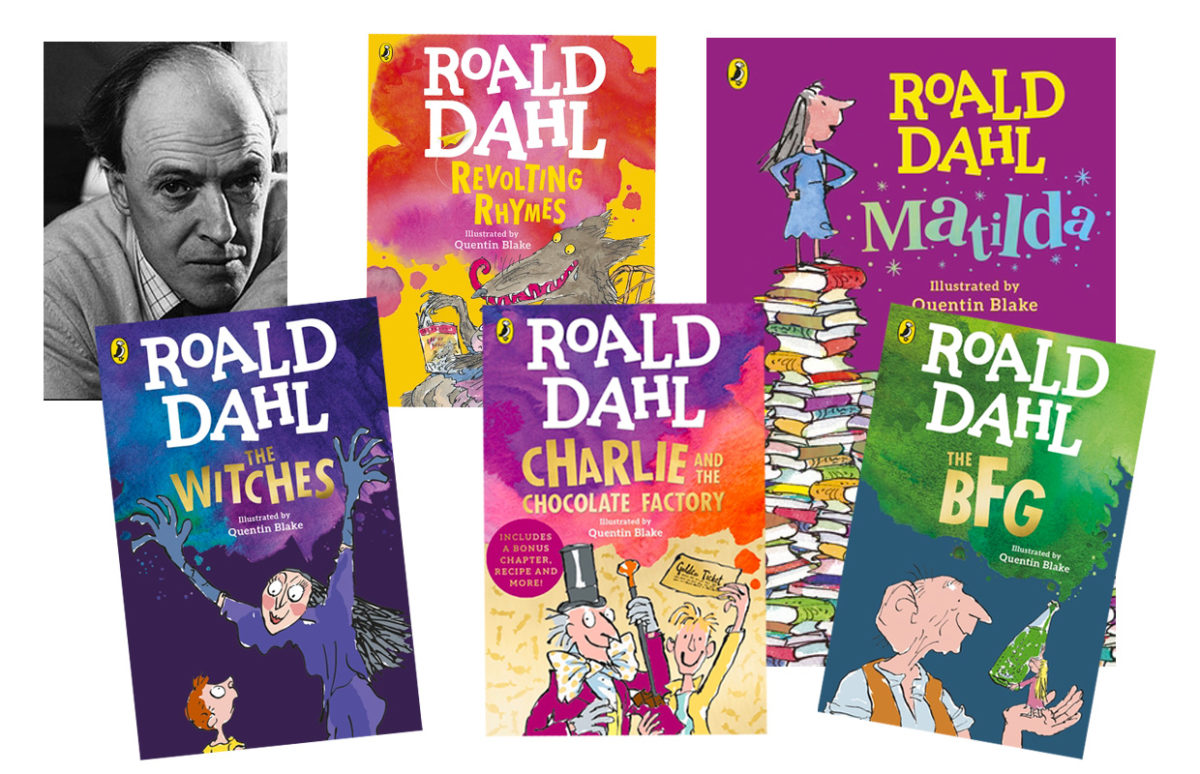There has been a lot in the news about Roald Dahl’s publishers putting out new versions of his novels for children, changing some of the language, like “fat” and “ugly” that sensitivity readers felt were inappropriate for today’s readers. After negative reactions the publishers said they would continue to publish the original texts of books like Matilda and The BFG as well as the newly edited ones.
Novelists Salman Rushdie and Philip Pullman, Prime Minister Rishi Sunak and the Queen Consort were among those who spoke out against the changes. Rushdie, who has himself suffered the attempts at censorship of a long-running fatwa, cited freedom of expression, while Pullman called for people to read the many new young writers of children’s fiction instead and let Dahl’s stories fade away if they no longer corresponded to readers’ needs or wishes.
Sensitivity readers are now commonly employed to alert authors and publishers to terms or storylines which could offend or exclude some readers. It is part of a push by publishers to try to be more representative, having characters from all backgrounds and origins, including those with disabilities. However, those are living authors who can choose to accept the advice or not. The outrage here seemed to be sparked by the treatment being applied to an extremely popular novelist who isn’t around to defend himself.
Editing Dahl
Dahl’s children’s books have always been irreverent and his heroes and heroines have little respect for authority, which is often portrayed as arbitrary and cruel. And they are generally fantasies. That is embedded in the stories, not just the language. Whether the witches in the eponymous book are called "old crows" instead of "old hags" and are scientists and businesswomen instead of cashiers and secretaries doesn’t change the basic plot line that they are trying to exterminate children by turning them into mice.
One widely reported change was to describe Augustus Gloop in Charlie and the Chocolate Factory as "enormous" instead of "fat". Yet the storyline in which this greedy character disobeys an instruction not to drink from the chocolate river, is sucked up and eliminated from the visit remains intact.
When Matilda lists the books she has read that made her dream, Jane Austen is substituted for Rudyard Kipling, the author of the Jungle Book, who is now considered an apologist for colonisation.
Adults worrying about the effects of children's literature on young growing minds is as old as the genre itself. And protagonists in children's books have been doing things parents would no doubt forbid their children from doing since Just William, Tom Sawyer and Pippi Longstocking, never mind a whole string of comics. The problem is always finding a balance between what we think is good for kids and what they actually want to read, or watch.
Ultimately, the publishers decided to keep the new versions and continue publishing the original ones. Some might call that a marketing ploy. And not an option for new writers today, whose potential sales wouldn't justify two print runs. There has also been a lot of discussion about these edits taking place after Roald Dahl's works were bought up by Netflix. Does it make more sense for a corporate owner to tweak existing works than to take a risk on new, more diverse authors?
And what would Dahl think of all this? Here's a little quote from his popular Revolting Rhymes version of Cinderella:
I guess you think you know this story.
You don't. The real one's much more gory.
The phoney one, the one you know,
Was cooked up years and years ago.
And made to sound all soft and sappy
Just to keep the children happy.
Copyright(s) :
Puffin Books
> Teaching with Roald Dahl
> The BFG Webpicks
> Matilda the Musical
> Roald Dahl Centenary
> Roald Dahl’s The Witches
Tag(s) : "BFG" "books" "BRNE Cycle 4" "Charlie and the Chocolate Factory" "Culture et création artistiques" "Langages artistiques" "Matilda" "Roald Dahl" "Thumbs Up 6e"





